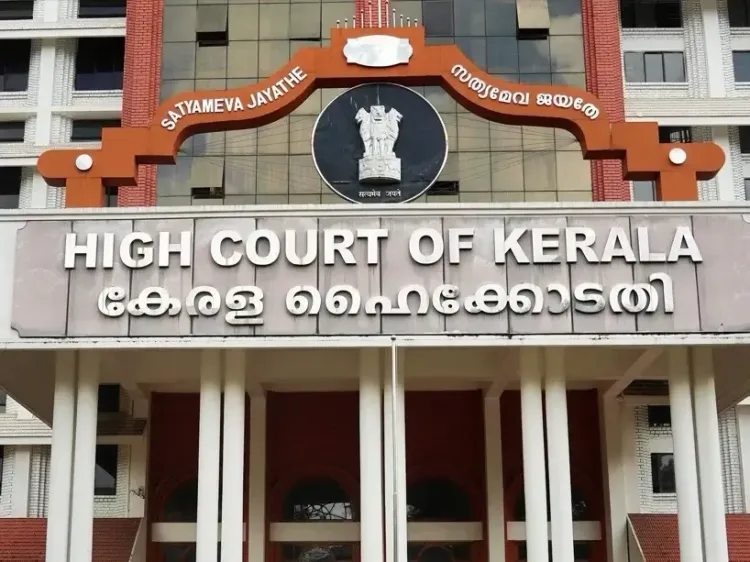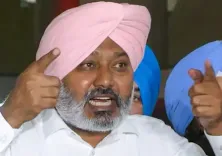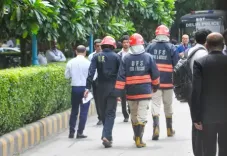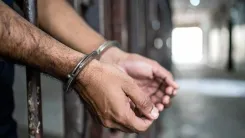Did Kerala HC Criticize TDB for Unauthorized Removal of Gold-Plated Coverings at Sabarimala?

Synopsis
Key Takeaways
- Kerala High Court criticized TDB for procedural violations.
- Unauthorized removal of gold-plated coverings from idols.
- Repairs initiated without court approval.
- Legal obligations of temple trustees emphasized.
- Immediate return of items ordered by the Court.
Kochi, Sep 12 (IANS) On Friday, the Kerala High Court strongly criticized the Travancore Devaswom Board (TDB) for the unauthorized removal of gold-plated copper coverings from the Dwarapalaka (guardian) idols at Sabarimala, failing to notify the court-appointed Special Commissioner.
A Division Bench comprising Justice Raja Vijayaraghavan V and Justice K.V. Jayakumar, during their review of the Special Commissioner’s report, expressed alarm over the TDB's disregard for procedural requirements and court oversight by sending these ornaments for repairs to a Chennai-based company, Smart Creations.
The gold-plated coverings, which were guaranteed for 40 years upon installation in 2019, reportedly exhibited defects within just six years.
Funded by devotee Unnikrishnan Potty, the items were sent to Chennai for electroplating.
The Court highlighted that this action was taken without prior authorization, leading the TDB to issue an unconditional apology.
Previously, the Court had ordered an immediate cessation of the repair works and mandated the return of these items to Sabarimala.
It was reported that repairs commenced on September 9, involving the removal of lacquer coating and polishing of some of the 12 items.
Officials noted that transporting the gold in its current liquid state, contained in a cyanide solution, presented significant technical risks.
The Bench pointed out discrepancies in the process, noting that the Thiruvabharanam Commissioner initially suggested traditional gold cladding using 303 grams of gold (valued at about Rs 31 lakh), but later changed this decision following discussions with the sponsor, opting for electroplating instead.
The Court emphasized that this action contravened the TDB Sub Group Manual, which stipulates that such work must occur at the Sannidhanam.
Referencing the Supreme Court’s ruling in A.A. Gopalakrishnan v. Cochin Devaswom Board (2007), the Court underscored that temple trustees and employees have an obligation to protect temple assets. It mandated the seizure of all records related to the gold-plating process, including those concerning an earlier pair of Dwarapalaka idols stored in the strong room.
The Court also took the initiative to implead Potty and Smart Creations as respondents, instructing them to provide all financial and communication records associated with the repairs.
Urgent notices were issued, and the TDB’s Chief Vigilance Officer was assigned the responsibility of seizing and presenting all relevant documentation without delay.






